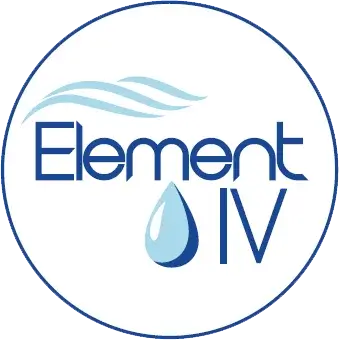Zinc
ZINC
Support your immune system, metabolism, energy production and more.
Think of zinc as nature’s metabolic workhorse. It helps the immune system fight off invading bacteria and viruses. It also works as a trigger for over 200 different enzymes that are present in virtually every cell of your body and are vital to supporting your immune function, energy production, healthy metabolism, thyroid health, protein digestion, and more.
As part of enzyme reactions, zinc is involved in such diverse biochemical activities as protein digestion, amino acid metabolism, energy production, bone metabolism, vitamin A utilization, and insulin production. Zinc is necessary for growth and development, and to maintain normal immune function. It is also important for the synthesis of protein and the genetic material DNA.
More on Zinc
Supports cell growth and development. Wound healing – Zinc helps maintain the integrity of skin and mucosal membranes. Patients with chronic leg ulcers have abnormal zinc metabolism and low serum zinc levels, and clinicians frequently treat skin ulcers with zinc supplements
Helps support normal thyroid function. Scientific evidence shows that zinc plays a key role in the metabolism of thyroid hormones, specifically by regulating deiodinases enzymes activity, thyrotropin releasing hormone (TRH) and thyroid stimulating hormone (TSH) synthesis, as well as by modulating the structures of essential transcription factors involved in the synthesis of thyroid hormones.
Helps maintain normal immune function. Severe zinc deficiency depresses immune function, and even mild to moderate degrees of zinc deficiency can impair macrophage and neutrophil functions, natural killer cell activity, and complement activity.
Thought to slow virus replication. Zinc can help your white blood cells function and prevent you from catching a bug.

